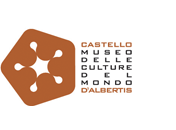The place that man occupies in nature is a cultural construction, as much as the representation of world, body and health, which are typical of every human society.
Health, as much as illness and as much as the different therapeutic systems adopted, is influenced by the environment in which it developed.
Depending on the different environments where they lived, individuals and populations tried to find the essential elements for their existence and maintenance of well-being. They include food and substances which prevent or treat diseases, as well as therapeutic strategies that differ in relation to people’s culture and social structure, and the climatic, geological, faunistic and phyto-geographic conditions in which they live.
Ethnomedicine studies the preventive and therapeutic medical systems developed by different populations in relation to their ‘cultures’ and ‘environments’. It takes into account both the objective criteria of the Western scientific vision (for instance, conducting laboratory investigations in order to identify the ‘active substances’ that are contained in medicines produced by the traditional pharmacopoea and different ethnic groups) and the different dimensions of perception, function and symbolic vision of health and illness conditions, as socially and culturally determined..
Sruk
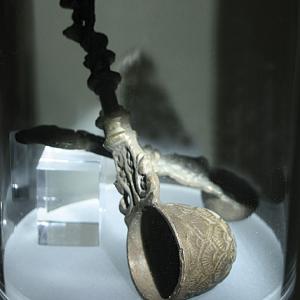
Sruk

Sruk

Sruk

Garadiavolo (Pteroplatytrygon, family Dasyatidae)

Garadiavolo (Pteroplatytrygon, family Dasyatidae)

Garadiavolo (Pteroplatytrygon, family Dasyatidae)

Garadiavolo (Pteroplatytrygon, family Dasyatidae)

Guarana (Paullinia sorbilis, family Sapindaceae)

Guarana (Paullinia sorbilis, family Sapindaceae)

Guarana (Paullinia sorbilis, family Sapindaceae)

Guarana (Paullinia sorbilis, family Sapindaceae)

Baobab fruit (Adansonia digitata, family Malvaceae)
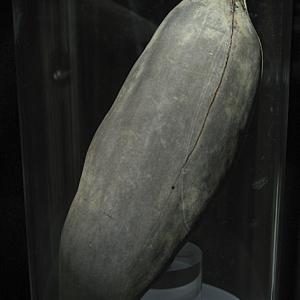
Baobab fruit (Adansonia digitata, family Malvaceae)

Baobab fruit (Adansonia digitata, family Malvaceae)

Baobab fruit (Adansonia digitata, family Malvaceae)

Rinchen rilpo ('precious pills')

Rinchen rilpo ('precious pills')

Rinchen rilpo ('precious pills')

Rinchen rilpo ('precious pills')

Zhen

Zhen

Zhen

Zhen

Jiu

Jiu

Jiu

Jiu

In sam (Panax / Ginseng, family Araliaceae)
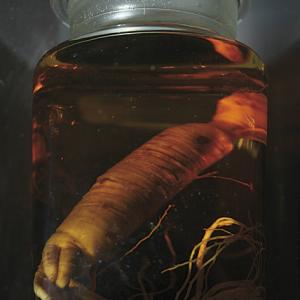
In sam (Panax / Ginseng, family Araliaceae)

In sam (Panax / Ginseng, family Araliaceae)

In sam (Panax / Ginseng, family Araliaceae)

Ghodtapre / Mandukaparni (Centella asiatica, family Mackinlayaceae)

Ghodtapre / Mandukaparni (Centella asiatica, family Mackinlayaceae)

Ghodtapre / Mandukaparni (Centella asiatica, family Mackinlayaceae)

Ghodtapre / Mandukaparni (Centella asiatica, family Mackinlayaceae)

Mothe (Cyperus rotundus, family Cyperaceae)
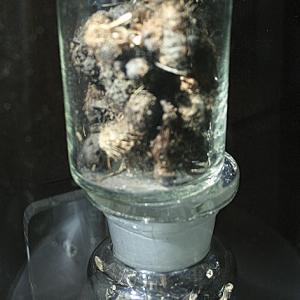
Mothe (Cyperus rotundus, family Cyperaceae)

Mothe (Cyperus rotundus, family Cyperaceae)

Mothe (Cyperus rotundus, family Cyperaceae)

Yoruba ade

Yoruba ade

Yoruba ade

Yoruba ade

Lotus flower (Nelumbo, family Nelumbonaceae)

Lotus flower (Nelumbo, family Nelumbonaceae)

Lotus flower (Nelumbo, family Nelumbonaceae)

Lotus flower (Nelumbo, family Nelumbonaceae)

Nisoth (Operculina turpethun, family Convolvulaceae)
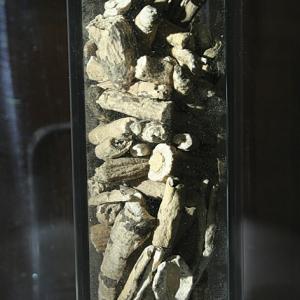
Nisoth (Operculina turpethun, family Convolvulaceae)

Nisoth (Operculina turpethun, family Convolvulaceae)

Nisoth (Operculina turpethun, family Convolvulaceae)

Kaphal (Myrica esculenta, family Myricaceae)
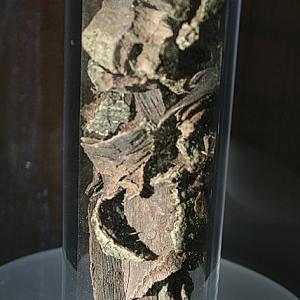
Kaphal (Myrica esculenta, family Myricaceae)

Kaphal (Myrica esculenta, family Myricaceae)

Kaphal (Myrica esculenta, family Myricaceae)

Jethimadhu (Glycyrrhiza glabra, family Leguminosae)
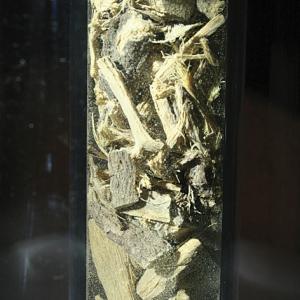
Jethimadhu (Glycyrrhiza glabra, family Leguminosae)

Jethimadhu (Glycyrrhiza glabra, family Leguminosae)

Jethimadhu (Glycyrrhiza glabra, family Leguminosae)

Adusa (Adhatoda vasica, family Achantaceae)
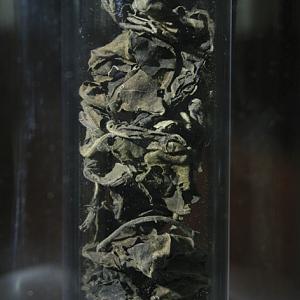
Adusa (Adhatoda vasica, family Achantaceae)

Adusa (Adhatoda vasica, family Achantaceae)

Adusa (Adhatoda vasica, family Achantaceae)

Patha ("moon seeds") (Stephania hernadifolia, family Menispermaceae)
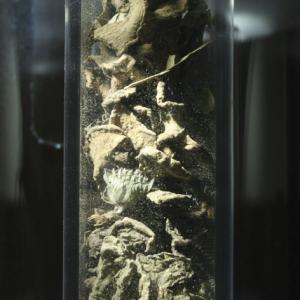
Patha ("moon seeds") (Stephania hernadifolia, family Menispermaceae)

Patha ("moon seeds") (Stephania hernadifolia, family Menispermaceae)

Patha ("moon seeds") (Stephania hernadifolia, family Menispermaceae)

Satavari (Asparagus racemasus, family Asparagaceae)
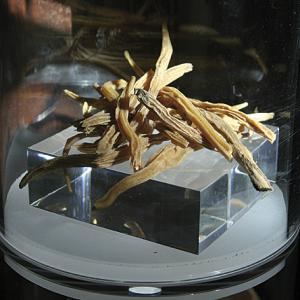
Satavari (Asparagus racemasus, family Asparagaceae)

Satavari (Asparagus racemasus, family Asparagaceae)

Satavari (Asparagus racemasus, family Asparagaceae)

Kinkéliba (Combretum micranthum, family Combretaceae)

Kinkéliba (Combretum micranthum, family Combretaceae)

Kinkéliba (Combretum micranthum, family Combretaceae)

Kinkéliba (Combretum micranthum, family Combretaceae)

Umuthi box

Umuthi box

Umuthi box

Umuthi box

Mani chos ‘khor

Mani chos ‘khor

Mani chos ‘khor

Mani chos ‘khor

Cut betel

Cut betel

Cut betel

Cut betel

Akashbeli (Cuscuta reflexa, family Convolvulaceae) and Bayer-Tablets of Aspirin

Akashbeli (Cuscuta reflexa, family Convolvulaceae) and Bayer-Tablets of Aspirin

Akashbeli (Cuscuta reflexa, family Convolvulaceae) and Bayer-Tablets of Aspirin

Akashbeli (Cuscuta reflexa, family Convolvulaceae) and Bayer-Tablets of Aspirin

Pendant of seeds and rope
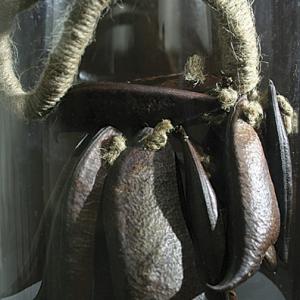
Pendant of seeds and rope

Pendant of seeds and rope

Pendant of seeds and rope

Penca de balangandan

Penca de balangandan

Penca de balangandan

Penca de balangandan

Igbo ite ogwu "Medicine pot"
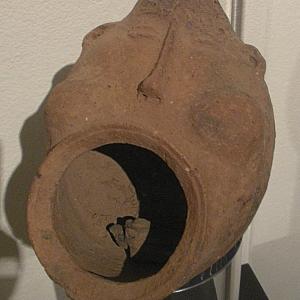
Igbo ite ogwu "Medicine pot"

Igbo ite ogwu "Medicine pot"

Igbo ite ogwu "Medicine pot"

Bel (Aegle marmelos, family Rutaceae) and Chabo / Pippali Kul (Piper Chaba, family Piparaceae)

Bel (Aegle marmelos, family Rutaceae) and Chabo / Pippali Kul (Piper Chaba, family Piparaceae)

Bel (Aegle marmelos, family Rutaceae) and Chabo / Pippali Kul (Piper Chaba, family Piparaceae)

Bel (Aegle marmelos, family Rutaceae) and Chabo / Pippali Kul (Piper Chaba, family Piparaceae)

Sound engineer (Digitaria exilis, family Poaceae)
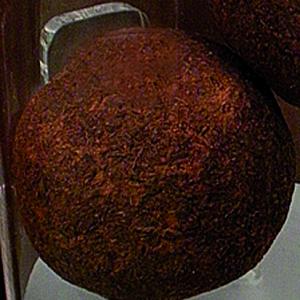
Sound engineer (Digitaria exilis, family Poaceae)

Sound engineer (Digitaria exilis, family Poaceae)

Sound engineer (Digitaria exilis, family Poaceae)

Sanā (Senna/Cassia angustifolia, family Fabaceae)
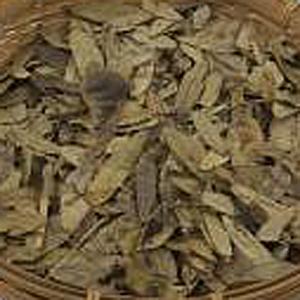
Sanā (Senna/Cassia angustifolia, family Fabaceae)

Sanā (Senna/Cassia angustifolia, family Fabaceae)

Sanā (Senna/Cassia angustifolia, family Fabaceae)

Galanga (Alpinia officinarum, family Zingiberaceae)
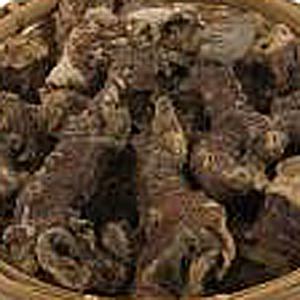
Galanga (Alpinia officinarum, family Zingiberaceae)

Galanga (Alpinia officinarum, family Zingiberaceae)

Galanga (Alpinia officinarum, family Zingiberaceae)

Asafoetida (Ferula assafetida, family Apiaceae)
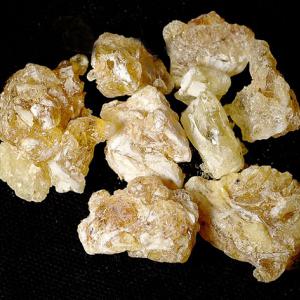
Asafoetida (Ferula assafetida, family Apiaceae)

Asafoetida (Ferula assafetida, family Apiaceae)

Asafoetida (Ferula assafetida, family Apiaceae)

Honghua and Shenqu
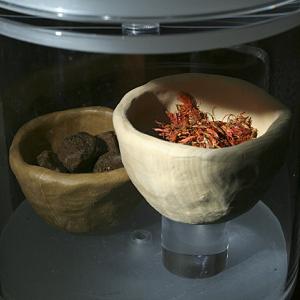
Honghua and Shenqu

Honghua and Shenqu

Honghua and Shenqu

Edible lands
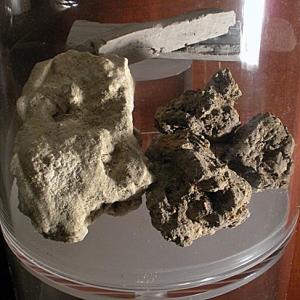
Edible lands

Edible lands

Edible lands


